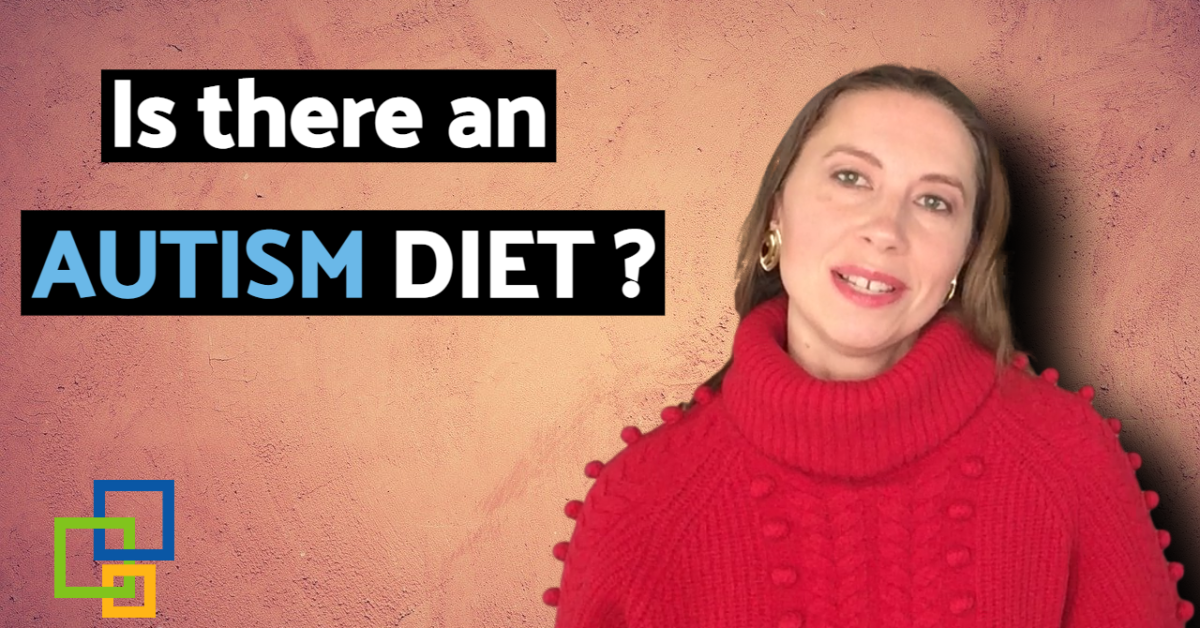Is there an autism diet?
No, there are eight commonly used diets to address symptoms and comorbidities to autism. It’s important that the diet for your child be customized to address their symptoms.
There isn’t one diet that addresses all possible symptoms.
The reason why diet is so important is that many times the food your child is eating is actually increasing certain symptoms. Then if you go to a doctor, it’s hard for the doctor to understand which symptoms are due to food and which are due to other issues.
Obviously, symptoms related to food should be resolved by changing the diet and not by giving supplements. What symptoms can diet address?
There are over 60 symptoms that the eight commonly used diets can address.
Some examples are chronic diarrhea, constipation, abdominal distention, discomfort and bloating. Gastroesophageal reflux disease (GERD), excessive gas, fecal impaction, food regurgitation, red cheeks, red ears, hyperactivity and sleep issues.
That’s just to name a few.
Children with autism are also at risk for many other nutritional problems, such as nutrient deficiencies, food allergies, food intolerances and feeding problems. This is why special diets are used.
So many health issues are related to food, so it’s important to address as many as possible with proper nutrition first
Sometimes focus, concentration and speech – all improve by just changing the diet. The child then has such a different school experience when they can concentrate and learning becomes fun and easy.
Going organic is important too.
Many times children with autism have a build-up of toxins that normally would have been easily eliminated. And there are a variety of reasons and causes why that doesn’t happen. But the important step for the child with autism is eating as much organic food as possible because there are less chemicals and pesticides in the organic food. You certainly don’t want to give your child food that is actually harmful. So organic is a way to lessen the body’s need to detox.
Three of the eight special diets commonly used for those with autism focus on rebuilding the gut microbiota. This is important because science has shown time and time again that the gut microbiota of those with autism are different. This can cause a reduction in the gut microbiota’s ability to produce vitamins especially, B Vitamins, also Vitamin K.
For example, Vitamin K: K-1 can be gotten by eating green vegetables. K-2 is produced by bacteria in the guts. The child’s vitamin deficiencies can be addressed with a special diet in two ways increasing the vitamin intake by eating nutritious foods and repopulating the gut microbiota so that the health benefits of a balanced and robust gut are present.
Food makes a difference.
Don’t be scared or worried.
It’s worth it to change your child’s diet.


